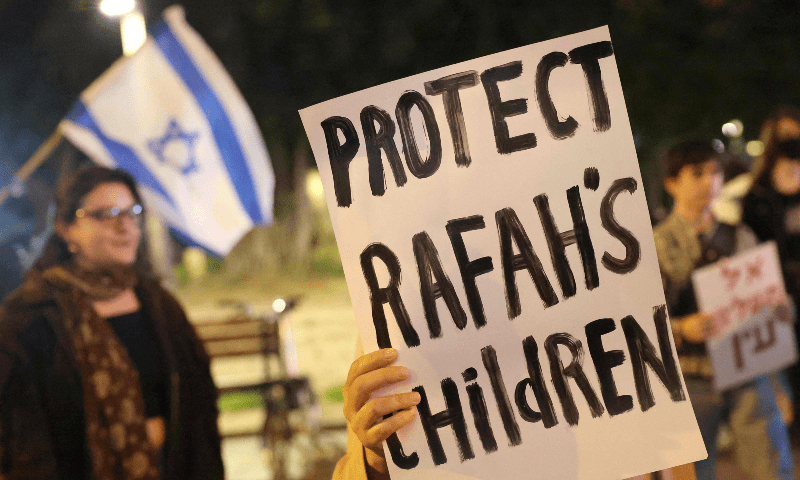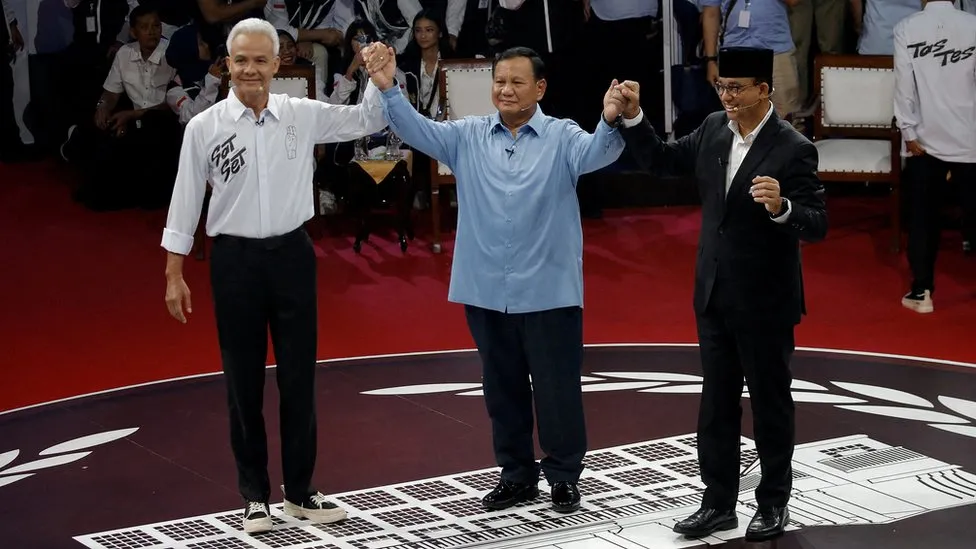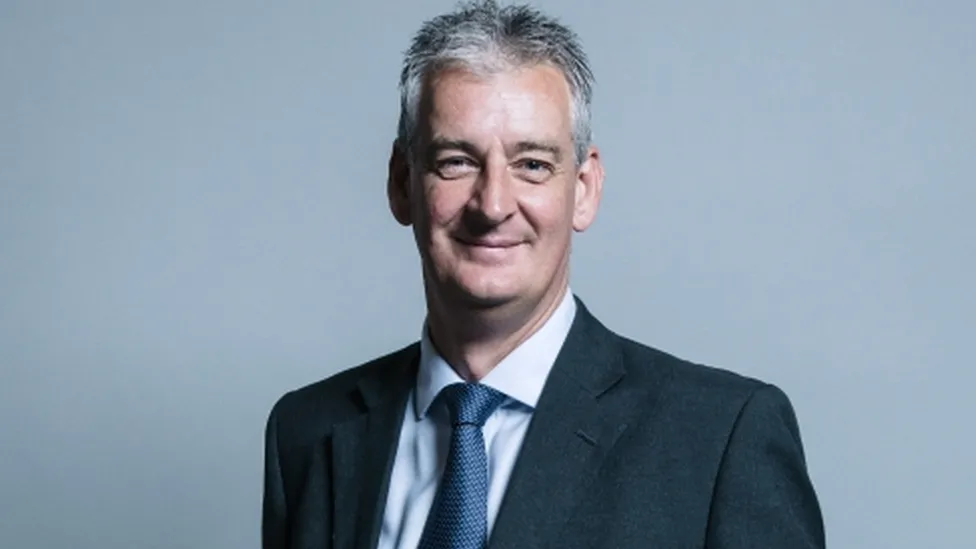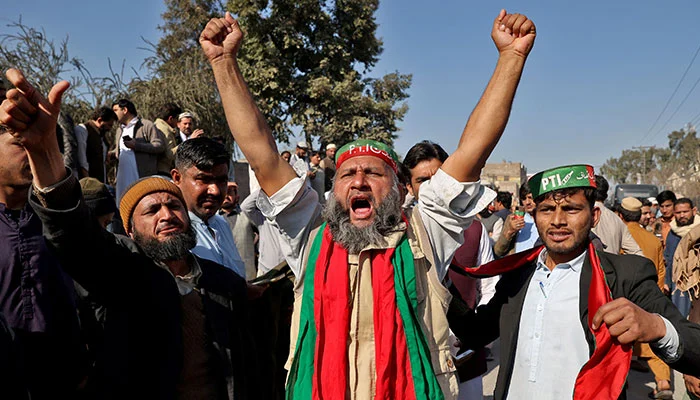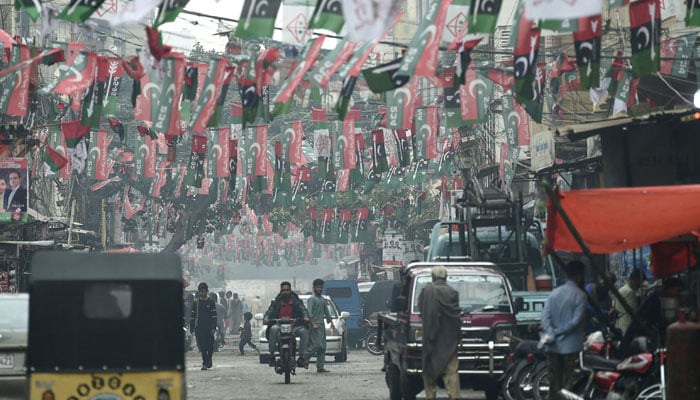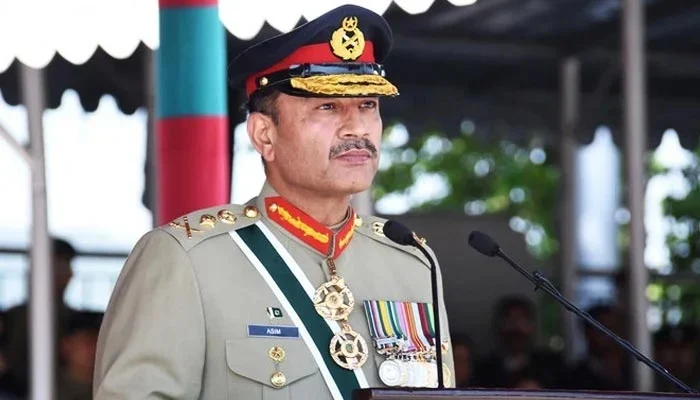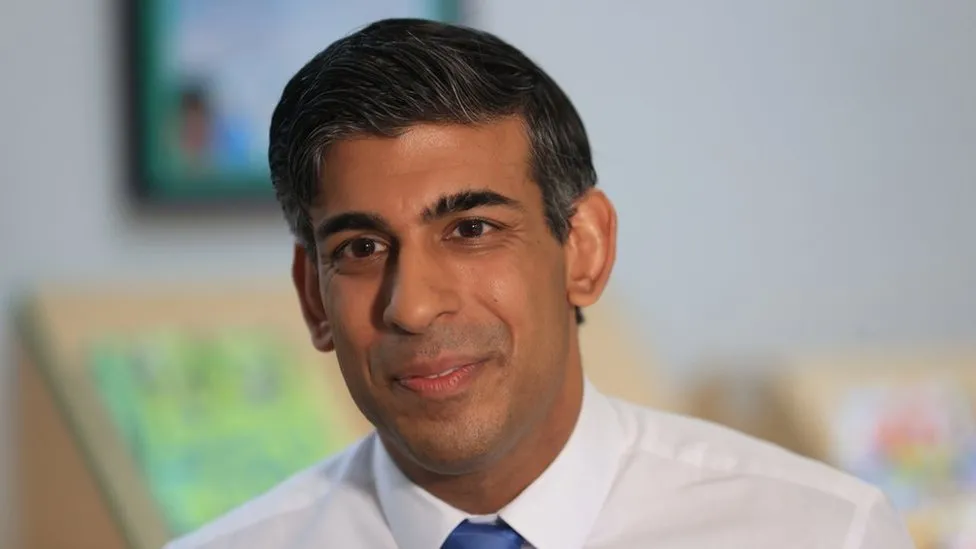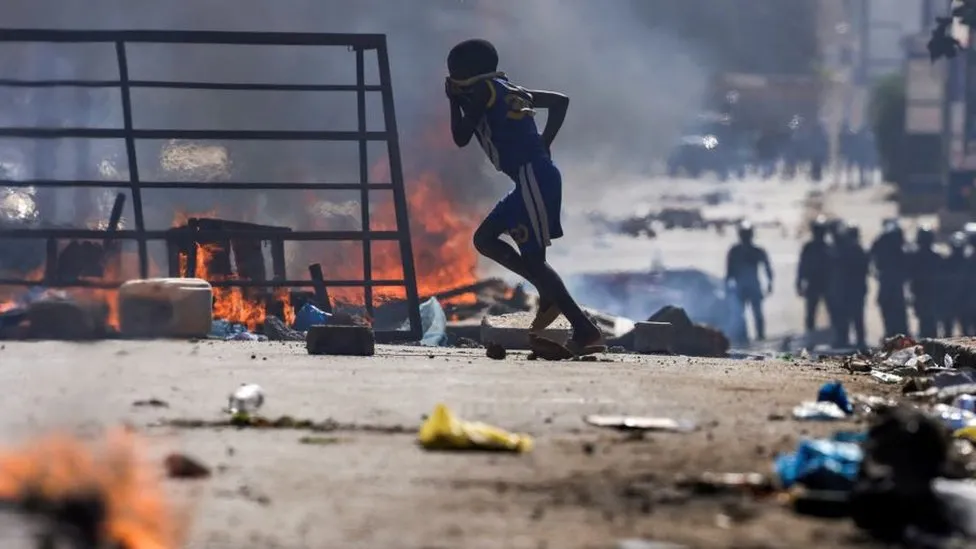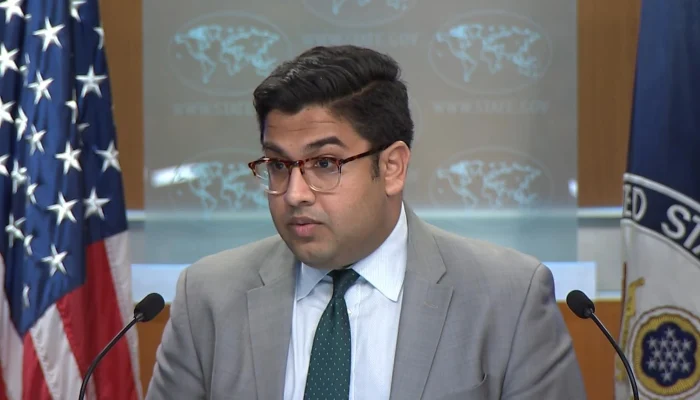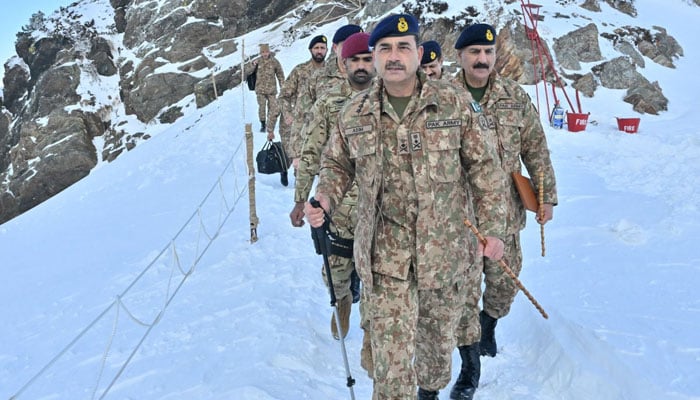CAIRO: Officials from the US, Egypt, Israel and Qatar met in Cairo on Tuesday in another bid to agree a Gaza truce as calls grew for Israel to hold back on a planned assault on the enclave’s southernmost city, crammed with over a million displaced people.
Renewed efforts were underway to secure a truce in a war whose impact has rippled across the Middle East. Egypt’s state-linked Al Qahera News said talks had begun involving US, Qatari, Egyptian and Israeli officials.
CIA director William Burns met Mossad chief David Barnea in Cairo for a new round of talks on a Qatari-brokered plan to temporarily halt fighting in exchange for Hamas freeing hostages. The two intelligence chiefs were joined by Qatar’s prime minister and Egyptian officials, while Turkish President is due in Cairo for talks on Wednesday (today).
A Palestinian official said, “The sides are looking for a formula that will be acceptable to Hamas, who says it is only possible to sign a deal once it is based on an Israeli commitment to ending its war and pulling out its forces from Gaza.”
A proposal thrashed out with Israeli negotiators in Paris last month has gone back and forth between the two sides.
“Hamas and the [other] factions are awaiting the outcome of the Cairo meetings, and Hamas is open to discussing any initiative that achieves an end to aggression and war,” a Hamas official told AFP on condition of anonymity.
The quest for a ceasefire comes after the United States and the United Nations warned Israel against carrying out a ground offensive into Rafah, the southernmost Gaza city where more than a million Palestinians are trapped.
The official said Hamas had told the participants it does not trust Israel not to renew the war if the Israeli prisoners being held by Palestinians are released.
The prisoners have been detained by Hamas since Oct 7 to pressurise Israeli forces to stop unending assaults on the people of Palestine.
A senior Hamas official, Sami Abu Zuhri, blamed Israel for the lack of progress in peace efforts so far.
There was no comment from Israel on the status of the talks.
‘Genocide’
On Tuesday, South Africa asked the world court to consider whether Israel’s plan to extend its offensive into Rafah required additional emergency measures to safeguard the rights of Palestinians.
In a case brought by South Africa, the International Court of Justice (ICJ) last month ordered Israel to take all measures within its power to prevent its troops committing genocide against Palestinians in Gaza.
Israel denies it is committing ‘genocide’ and had asked the court to reject the case outright.
Erdogan set for Egypt visit
Meanwhile, Turkish President Recep Tayyip Erdogan is set to arrive in Cairo on Wednesday to meet his Egyptian counterpart Abdel Fattah al-Sisi.
Erdogan said the pair would discuss “every effort” to stop the “bloodshed” in the Gaza Strip, while Turkish state news agency Anadolu said the meetings would also cover economic, trade, tourism, energy and defence matters.
The visit will be the Turkish president’s first to Egypt since 2012.
While the two regional powers have often been at odds, their interests are aligned on two major conflicts: Sudan and Gaza.
Erdogan said his meetings in Egypt, as well as the United Arab Emirates, would “look at what more can be done for our brothers in Gaza”.
“As Turkiye, we continue to make every effort to stop the bloodshed,” he told a news conference.
Erdogan has emerged as one of the Muslim world’s harshest critics of Israel for its bombardment and ground offensive in the Palestinian territory, which have killed at least 28,473 people, mostly women and children, according to the Gaza health ministry.
Istanbul also served as a base for Hamas political leaders until October last year when the Nato member asked the Hamas chiefs to leave.
Also, Turkiye recalled its ambassador to Israel in November, and has maintained intermittent communication with Hamas leadership, who see Turkiye as a potential ally in ceasefire negotiations.
Egypt and Qatar are currently mediating a potential new agreement between the warring parties with US support.


